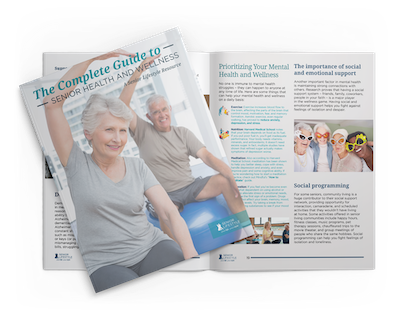Music can make mundane tasks a little easier and long days go by a little quicker. But did you know that music affects our brains in a big way? It’s true: Melody, rhythm, and bass can improve our creativity, visual attention, and much more.
Music plays a big part of our everyday lives. We hear it as we drive, as we shop, and while we work. And thanks to streaming music services like Pandora, Spotify, and Google Play, we can now instantly listen to just about any song we want while we do nearly anything–from cleaning up the house to exercising. And it turns out that listening to music can have much deeper effects than simply passing the time.
Here are just three of the surprising psychological benefits of listening to music.
1. Ambient noise can improve creativity
Instead of blasting your favorite tunes during a busy day, try ambient noise instead. According to a Journal of Consumer Research study, ambient noise at a moderate rather than low volume enhances creativity. A moderate noise volume makes processing more difficult, which in turn promotes abstract processing and leads to higher creativity. When we struggle to process our thoughts, we turn to more creative ways to understand and make sense of the world.

Download The Complete Guide to Health & Wellness for Seniors
As people grow older, their health and wellness needs change. Read our eBook, “The Complete Guide to Health & Wellness for Seniors” for everything you need to know about staying healthy and happy as we age.
Download the Guide2. Classical music can improve visual attention
One study has shown that stroke patients who listened to classical music showed better signs of visual attention than those who listened to white noise or silence. In fact, the participants who listened to white noise or silence had the worst scores of the entire group. This study was very small and needs to be performed with more participants, but this preliminary research is promising.
3. Music helps us exercise
Numerous studies have been done on the correlation between working out and listening to music. Music distracts us from our inner complainer. It helps drown out the thoughts of fatigue that might actually convince us to us slow down or stop a workout if we were exercising in silence. In short, music mutes the pain and amplifies the gain. This phenomenon is especially helpful during low- and medium-intensity exercise, as opposed to high-intensity exercise. Unfortunately, it’s pretty hard to distract our brains during high-intensity exercise. But for low-stress exercise, music tempos can even be used to help keep a certain pace while running or walking. Syncing our steps to the beat of the music can help us pace ourselves for an entire jog, walk, or bike.
Music clearly has a positive effect on the brain and body. We hope that you can apply these specific benefits of music to your life as you march to the beat of your own drum!

